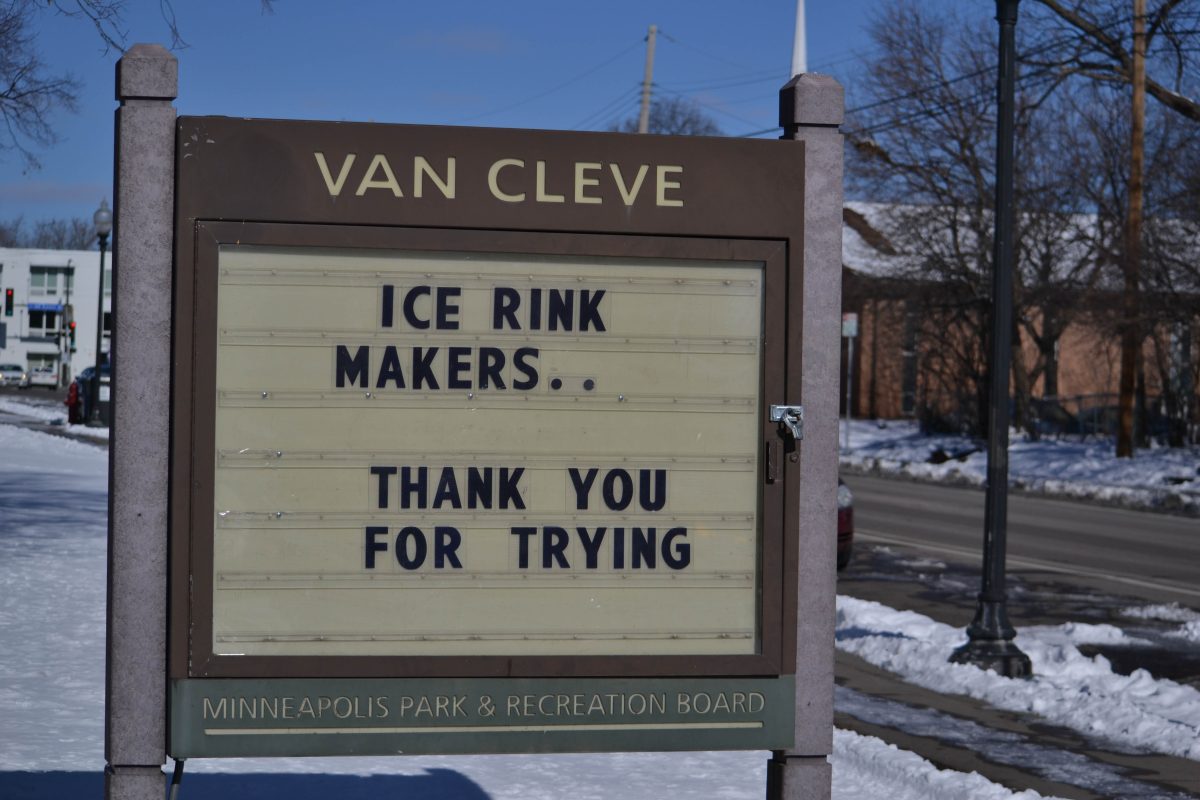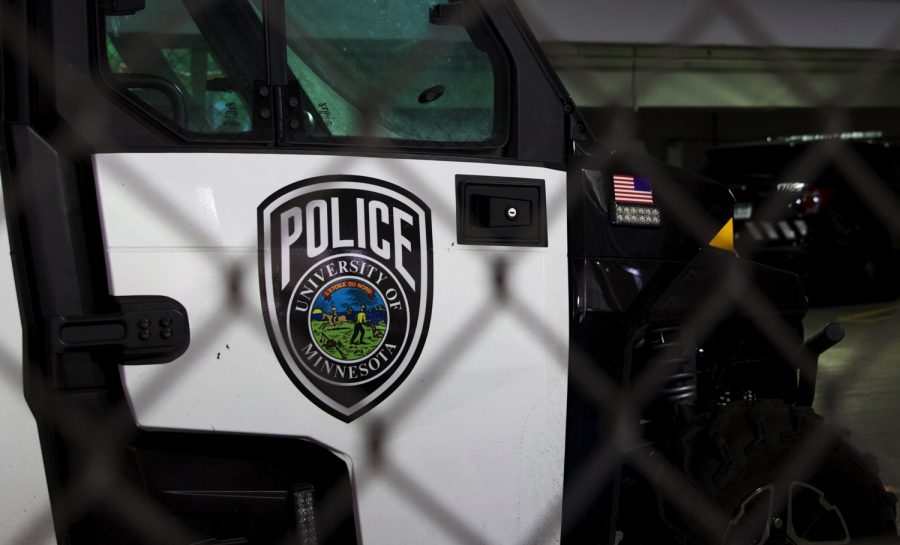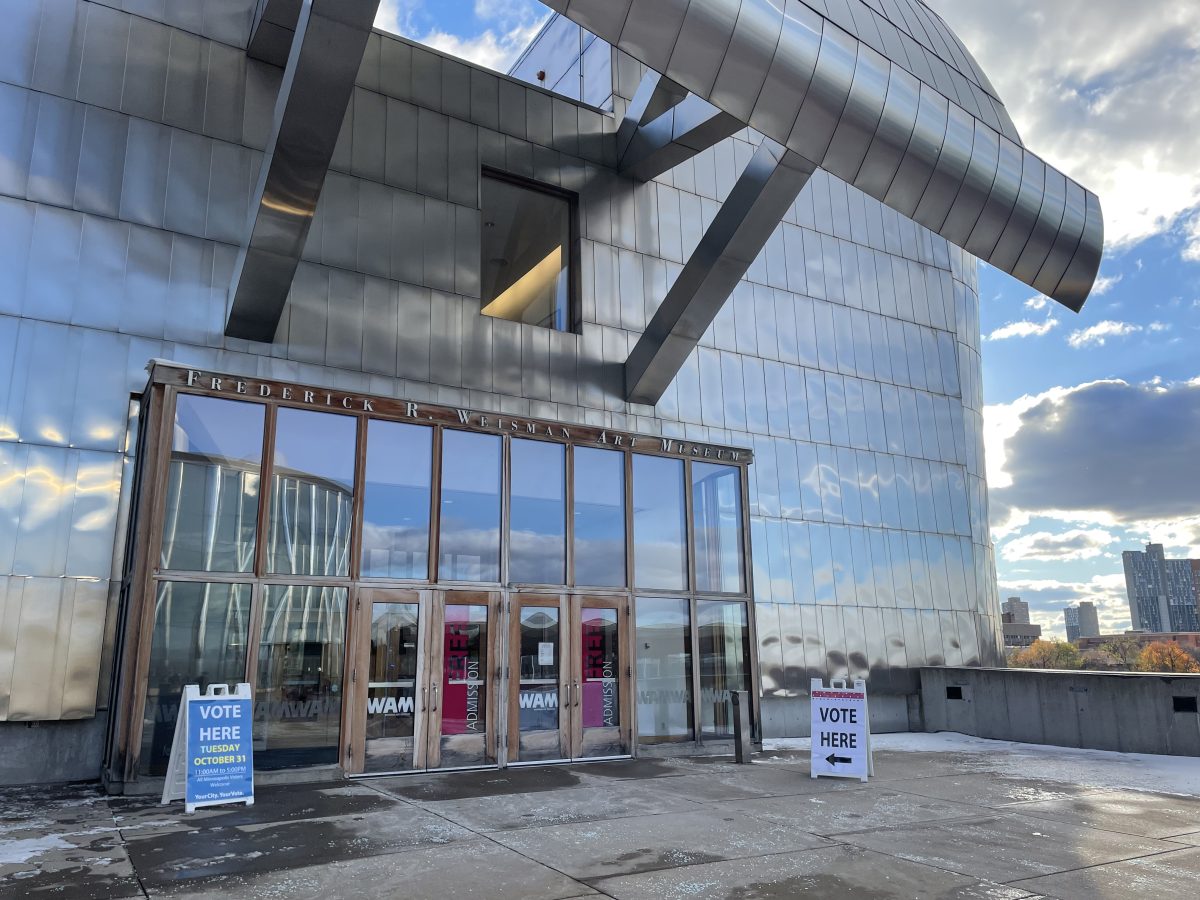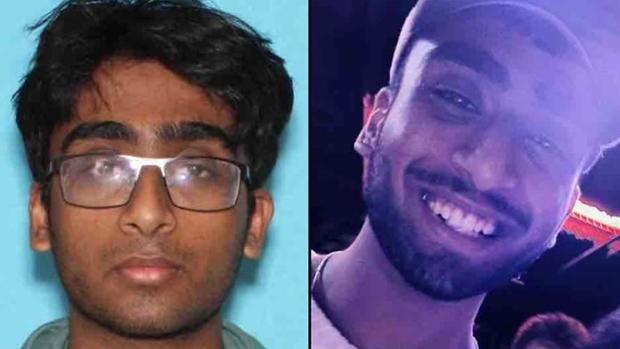Following the end of a federal investigation into the Minneapolis Police Department (MPD) and court approval for reforms on Thursday, community members expressed mixed reactions to proposed changes activists said would not have been possible without them.
The U.S. Department of Justice (DOJ) officials concluded their investigation and found MPD engaged in a pattern or practice of unconstitutional policing, including using excessive force and discriminating against Black and indigenous people. During the June 16 press conference, the city of Minneapolis agreed to negotiate a consent decree with the Justice Department to reform its police.
The consent decree will be a court enforceable, independently monitored agreement that will be negotiated between Minneapolis and the Justice Department that will be finalized in the coming months, according to DOJ officials. This agreement comes after Minneapolis approved a separate consent decree with the Minnesota Department of Human Rights (MDHR) for its findings of police misconduct in March.
A state judge agreed to a court-enforceable agreement between the MDHR and MPD Thursday, the result of an investigation that started in 2020. The groups had been officially negotiating the decree since March, officially filing the case in state court to negotiate a consent decree. MDHR’s investigation found discrimination and inappropriate use-of-force tactics against Black individuals in Minneapolis.
“The fingerprints of members of the community are all over this report, which I think is excellent,” said Communities United Against Police Brutality (CUAPB) founder Michelle Gross, referring to the DOJ investigation. “Overall, we’re pleased with this report because it’s factual.”
A press conference after the DOJ announcement –– hosted by several local activist groups, including CUAPB, Black Lives Matter Twin Cities, Twin Cities Coalition for Justice 4 Jamar and Families Supporting Families Against Police Violence –– had mixed reactions from the participating organizations.
Gross added that while the report acknowledged many of the community’s concerns, she was disappointed to not see any mention of MPD’s treatment of unhoused people and encampments in the city.
Community fingerprints
For the past two years, CUAPB collected stories from Minneapolis residents on their interactions with MPD using canvassers doing anything from going door-to-door to speaking with people in liquor store parking lots, Gross said.
CUAPB submitted more than 2,300 written testimonies to the DOJ and MDHR to help assist their investigations. Additionally, the organization held two dozen events and panels to make recommendations on reforms the community wanted to see in the consent decree, including changes to MPD’s mental health crisis response and use of force policies.
The organization’s work with the Justice Department has been centered around translating community needs into tangible policies to be included in the city’s consent decrees, Gross said.
“People have a lot of ideas about what they want, but they don’t necessarily know how to turn those into reality,” Gross said.
Toshira Garraway Allen is the founder of Families Supporting Families Against Police Violence, a support group for those affected by police misconduct. According to Garraway Allen, residents’ demands for reform are the result of their stories finally being heard after years of abuse from MPD.
“There’s a separation because people kind of live in their own little bubble, and if you’ve never experienced something, it’s hard to see it from a person that has,” Garraway Allen said. “This treatment is being shown through people’s voices of speaking out and coming forward.”
During the DOJ’s announcement of findings, Attorney General Merrick Garland listed several incidents of MPD misconduct, including an officer telling Somali teens he was proud of operation Black Hawk Down and an officer pushing a journalist’s head into pavement during a protest.
Despite the audible gasps at Garland’s announcement, Garraway Allen said nothing in the DOJ’s report was not a shock to anyone looking through the findings.
Although it is “a slap in the face” for the federal government to be needed for change, Garraway Allen said the agreements are a first acknowledgment for a community that continues to face retaliation from its police.
“We don’t think that a piece of paper or some rules can change people’s hearts and change people’s minds,” Garraway Allen said.
Gross added while the community has worked well to inform the DOJ, many do not trust Minneapolis to include residents in its reform negotiations with the state and federal government.
“The city wants to negotiate with the MDHR and the DOJ and leave the community in the dust. Absolutely flippin’ not,” Gross said. “We’re going to make sure that the community’s desires and demands are going to be a part of this thing.”
One of the community’s main concerns, according to Gross, is the applicants for the independent monitors to enforce the city’s two reform agreements who are selected by Minneapolis and MDHR.
Independent monitors will be paid $1.5 million annually and are responsible for ensuring the city’s compliance with its agreements, according to a city data request. Applicants for the city’s consent decree with MDHR currently include several law firms and a research organization that contracts for the military.
It will be the community’s responsibility to hold monitors accountable, according to Gross. However, CUAPB remains concerned the current applicant pool will not adequately ensure either agreement is fulfilled and is advocating for the state and federal agreements to have separate monitors.
“A lot of them are people that have long-standing relationships with the city, and we think there’s something too cozy,” Gross said. “The list is just inadequate, it’s a really poor list.”
The MDHR and MPD consent decree was approved despite community concerns.. The agreement lists several requirements for Minneapolis and MPD, including:
- Require officers to de-escalate;
- Prohibit officers from using force to punish or retaliate;
- Prohibit the use of certain pretext stops;
- Limit use of force and how officers can use chemical irritants or tasers;
- Ban searches based on alleged smells of cannabis; and
- Ban “excited delirium” training.
“The agreement captures the scope of the necessary work ahead to address race-based policing, a plague on our city that harms everyone, especially people of color and Indigenous community members,” said MDHR Commissioner Rebecca Lucero, according to a press release.
However, the team of independent evaluators will monitor the city’s compliance with both its federal and state reform agreements.
During the hearing, Lucero said the monitoring team will work alongside both Minneapolis and the community to ensure the city’s commitment to police reform is fulfilled.
“We designed the scope of the responsibilities of the monitoring team with the hopes of really setting the city up for success,” Lucero said during the hearing, according to a press release.
Reactions to the agreements
Others were less optimistic about the city’s promised reforms. Nekima Levy Armstrong, city attorney and a former president of the Minneapolis NAACP, called the report a long overdue intervention for a city that has historically worked to dodge accountability for its misconduct.
“They failed to correct the injustices and the abuses and the policy violations that have been going on for years,” Levy Armstrong said. “To see elected officials and those who have been appointed on television today saying now they’re going to do what they need to do, is a slap in the face.”
The Justice Department and city leaders are expecting trust from communities where little exists, Levy Armstrong said. These communities’ continued victimization by MPD, as well as the city’s continued failure to reform its police, poses a barrier.
“We call upon the Justice Department to not just work with the city of Minneapolis as it enters this negotiation, but to make good on what it said today, which is that they want the involvement of the community,” Levy Armstrong said after the DOJ announcement. “That means working in solidarity with us to continue to apply pressure to those in power.”
Many who responded at the event questioned why the federal government was necessary for Minneapolis to spark change.
“There are plenty of Black people up here and Indigenous people that have known things have had to change their whole lives,” said Toussaint Morrison, a community member and activist. “We don’t need to see a public lynching to know that things have to change.”
However, city leaders are not alone in their culpability for MPD’s years of misconduct, according to Morrison. The DOJ’s findings about MPD are only a surprise to the white communities who have chosen to passively ignore and subsequently enable the MPD to continue its misconduct, Morrison said.
“The issue is the collective silence of white communities in Minnesota that have failed to talk about this,” Morrison said. “This is why it keeps happening. Why does it take the DOJ pulling up with a consent decree for people to say something?”
Now that a consent decree exists in principle, it is still uncertain what will be negotiated between the DOJ and the city, or when the agreement will be finalized. DOJ officials said the process could take months, or up to a year. This decree is still separate from the one decided Friday with MDHR.
In the meantime, many activists expressed concern over what the future of reform will look like for MPD.
Chauntyll Allen of Black Lives Matter Twin Cities said while it is beneficial to have documented acknowledgment of the traumas MPD has caused its community, it is the city’s responsibility to proactively work to heal decades of wounds.
“I’m asking that we see some real clear action from MPD,” Allen said. “Be the department that says, ‘Hey, we are actually going to liberate our Black communities. We are going to protect and serve our Black communities. We are going to do what’s right.’ Because for 400 years, the right thing just hasn’t been done.”
This is a developing story. Check back for updates.


















